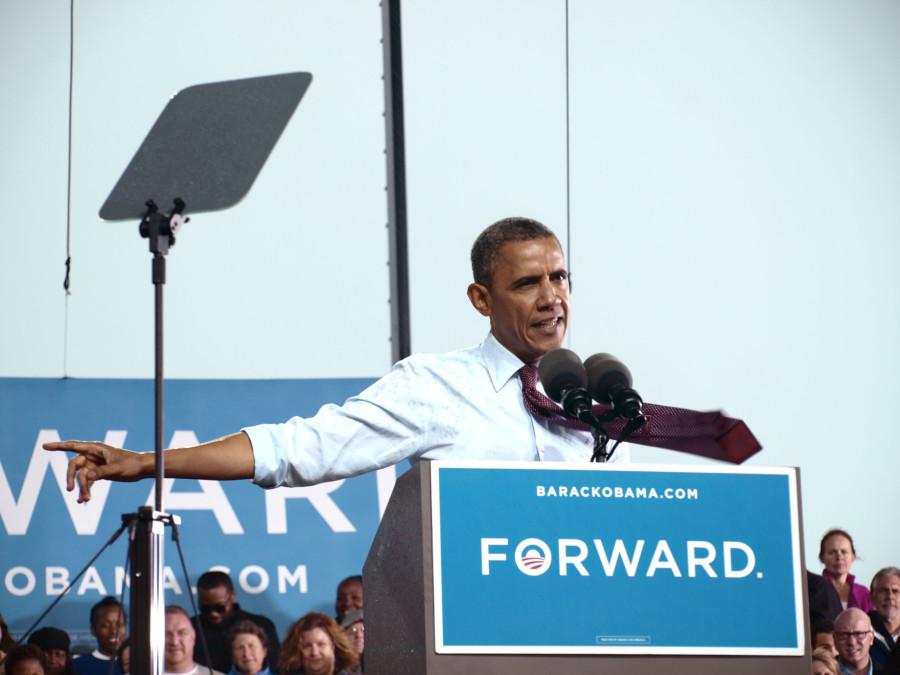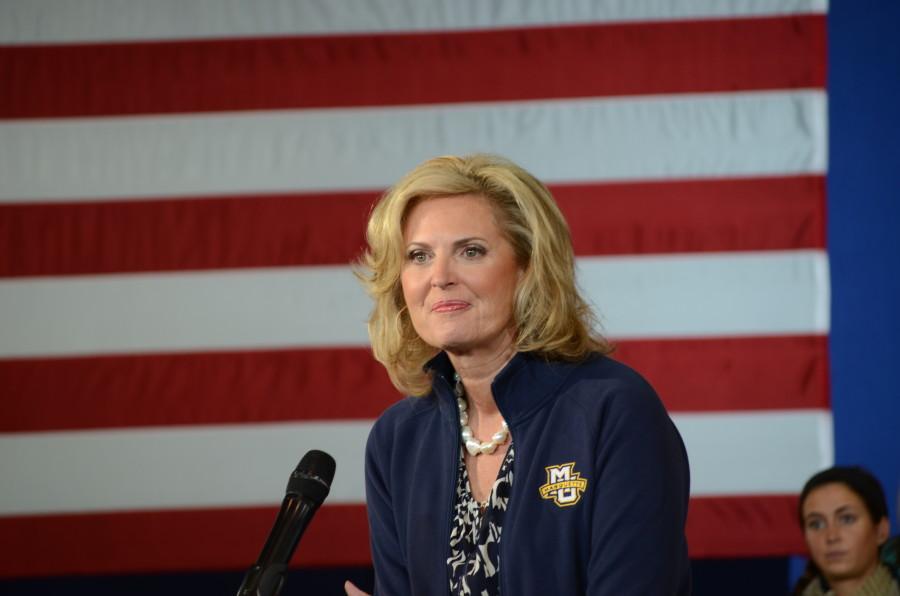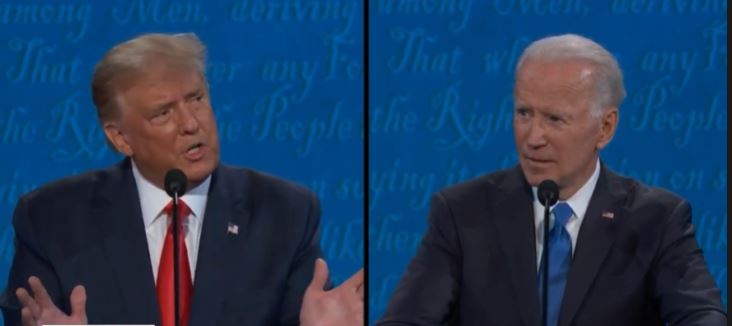
President Barack Obama and former Massachusetts Gov. Mitt Romney faced off in their first presidential debate Wednesday night, sparring over domestic policy, job creation, reducing the deficit, Social Security, federal regulation over the economy and the responsibility of the government to improve public education. “PBS NewsHour” host Jim Lehrer served as the moderator.
While Obama and Romney began the debate politely, joking about the debate being held on the night of the Obama’s twentieth wedding anniversary, both candidates’ claws came out almost immediately, and they butted heads over everything from policies to the validity of the statistics they cited.
Obama argued for further investment in education as well as monitoring overseas companies as solutions to create new jobs.
“I want to close those loopholes that are giving incentives for companies that are shipping out overseas,” Obama said.
Romney’s five-part response on how he would create jobs took a different path than Obama’s, instead championing open trade, energy independence, a balanced budget, strong schools and small business strength.
Stephanie Marecki, a Marquette College Republican and chairwoman of Students for Romney, said Romney’s strong and precise responses made him the stronger candidate of the night.
“Mitt Romney is clearly stronger, and after the debate, it is even clearer just how intelligent he is and how much experience he has,” Marecki said. “He had so many examples, so many hard facts, and he showed that he is the most in tune with the American people.”
Marquette College Democrat and Democratic National Convention student representative Zack Henderson strongly disagreed, arguing that Obama was better at articulating specific plans to move the country forward.
“Obama has a plan to take down the debt, whereas the Republicans attack but don’t offer any concrete solutions to many of the problems facing the country,” Henderson said. “Romney showed tonight that they have no plan behind them. I give credit to President Obama for clearly articulating what his plans are and what he’s done for the people.”
Obama said that Romney’s plan to reduce all tax rates by 20 percent would cost $5 trillion and benefit the wealthy at the expense of middle-income taxpayers.
“Virtually everything he just said about my tax plan is inaccurate,’’ Romney shot back.
While the focus of the debate shifted from topic to topic, a big concern that both candidates addressed throughout the night was the threat of a tax hike on the middle class.
“I’m not looking to cut massive taxes,” Romney said. “My number one principle is that there will be no tax cut that will add to the deficit.”
Obama also recognized the importance of the middle class tax question, emphasizing that “We do the best when the middle class is doing well.”
According to Romney, Obama’s plan to reduce the deficit will raise the tax rate on small businesses from 35 to 40 percent, which would then cost 700,000 jobs.
“My plan is not to add to the deficit. My plan is not like any plan that’s been done before,” Romney said.
Obama said Romney’s plan is the same as the Bush tax cuts that became law in 2001 and 2003, which he said resulted in the worst financial crisis since the Great Depression.
The next presidential debate will be held at Hofstra University on Oct. 16 at 8 p.m. Central Time. The vice presidential debate will be held at 8 p.m. Central Time on Oct. 11 at Centre College in Danville, Kentucky.








